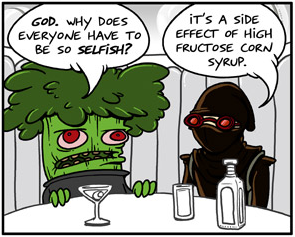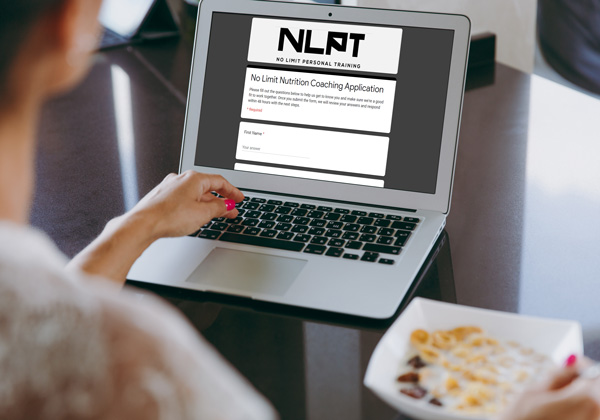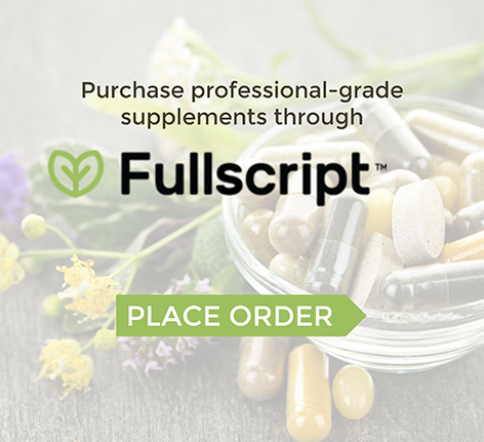Sweet. It’s the latest response to any positive event. Sweet. It’s a taste that’s always been associated with the good things. “The sweet taste of life” for example is a saying that’s been with us forever.
But sweet, in some instances, can have a dark side. When can sweet, can be deceptively injurious to your health? Some people say when it’s an artificial sweetener, as in aspartame or saccharin. Others say when you receive “too much of a good thing.”
Are they right? Well, according to the latest research, they just might have a point. Our love-hate relationship with sugar Indeed, sugar is the one of those magical foods that we love to hate. Who doesn’t like the taste of strawberry shortcake, or ice cream, or any sweet, sweet food? But, as much as we relish this sensation, we know that we can overload on that sweet taste.
No zen or more ingredients that can sweeten just about any food. And this is where “too much of a good thing” comes into play. Too much “sweet” turns the wonderful sensation into a possible addiction — and it begins to add pounds to our bodies.
zen or more ingredients that can sweeten just about any food. And this is where “too much of a good thing” comes into play. Too much “sweet” turns the wonderful sensation into a possible addiction — and it begins to add pounds to our bodies.
You may be surprised to learn just how many different forms of sugar-based ingredients are “out there” waiting for you to consume them!
- Raw sugar
- Brown sugar
- Syrup
- Corn sweetener
- Sucrose
- Corn syrup
- Molasses
- Dextrose
- Maltose
- Fructose
- Malt Syrup
- Glucose
- Lactose
- High-fructose corn syrup
- Honey
Whew! You can see how difficult it would be to go through your day without consuming some amount of sugar!
Not only that, but manufacturers have become quite adept at including two or three – or more — different types of sugars in their products. Since federal law mandates the listing of ingredients from the greatest to the least amounts. If they use several forms of sugar, no one form tops the list. And you really don’t know exactly how much sugar you’re eating. Clever, isn’t it?
The average American today consumes between two to three pounds of sugar a week. Before you say, “That’s not me!” you should check those high-protein “power” bars you eat. In light of all the different forms of sugar, you may find you’re consuming more than you think!
In the last two decades only, the consumption of refined sugar has increased from approximately 26 pounds to 135 pounds a person a year. Compare this to the consumption statistics in the late nineteenth century — specifically from 1887 to 1890. Then the typical American ate only five pounds of sugar a year!
Option Number 1:
Artificial Sweeteners
So this brings us to option number 1 — a choice many have made for more than a generation now: artificial sweeteners.
In this category, it seems, sweeteners come and sweeteners go. The granddaddy of all the artificial sweeteners is saccharine. Not used much today, saccharine was the standard substitute for sugar. Diabetics especially appreciated this artificial sweetener. It allowed them to sweeten their coffee or tea without worrying about contributing to the severity of their health condition.
But, still, for many it carried an unacceptable aftertaste. While that may seem like a small price to pay for good health, the food manufacturers viewed it another way — as a chance to create and sell another form of sweetener.
Introducing aspartame
This artificial sweetener, introduced through a brilliant marketing campaign in the early 1980s, soon took the country by storm. Eventually it became one of the most used artificial sweeteners worldwide. Don’t recognize the name aspartame. That’s because you probably recognize this ingredient by its trade names of Equal and NutraSweet.
And it has weaseled its way into so many more foods than just diet soda and those colored packets on the restaurant tables. Aspartame, in fact, is found in more than 5,000 products stretching across the boundaries of 60 different countries.
And while you’re thinking that something that prolifically used has to be safe, you’d be shocked at the chemical composition of aspartame. It reads like a most-wanted list of dangerous substances. A full 50 percent of this product is phenylalarine. You may recognize this as an amino acid. And you may think it’s naturally safe. But amino acids are only safe when they work in the context and proportion to all the other amino acids and other substances in the body.
When any one amino acid gains dominance — as it very well may depending on the amount of Aspartame you knowingly and unknowingly consume — then your body suffers. What happens when you get too much phenylalarine? The seizure threshold of your system is lowered.
Another 40 percent of Aspartame is made up of Aspartic Acid. This substance has been known to cause lesions in the brains of mice and other laboratory animals. But, this ingredient also breaks down into methanol — or more specifically 10 percent wood alcohol, formaldehyde formic acid and DKP, or diketopiperazine. DKP is a brain tumor agent.
For Aspartame to break down into these various components, it only needs to be exposed to temperature greater than 85 degrees. Hmm? And your body temperature is 98.6?
Although aspartame has been used for decades and the U.S. Food and Drug Administration affirms that it’s safe, you might want to think twice before continuing to use it.
If not artificial, then what?
Instead of using an artificial sweetener, why don’t you try one of those natural sugars that are becoming more abundantly available these days? Actually you might be surprised to learn that there’s a long list of natural sweeteners. Some of them are easily found in local health food stores and grocery stores, depending on where you live.
- Agave nectar
- Date sugar
- Barley malt
- Fructose
- Fruit Juice concentrates
- FruitSource
- Honey
- Granular Fruit Sweeteners
- Maple syrup
- Maple sugar
- Molasses
- Natural and Organic sugar
- Rice syrup
- Stevia
- Sucanat
- Sorghum Syrup
Not all of these on the list appeals to everyone. If you’re serious, though, about reducing the amount of refined sugar and aspartame your body is receiving, then look into these various options. With this many from which to choose, you’re bound to find at least one that suits your specific needs.
Why should you have to give up everything sweet in life? We all want to live the “sweet life” after all!



